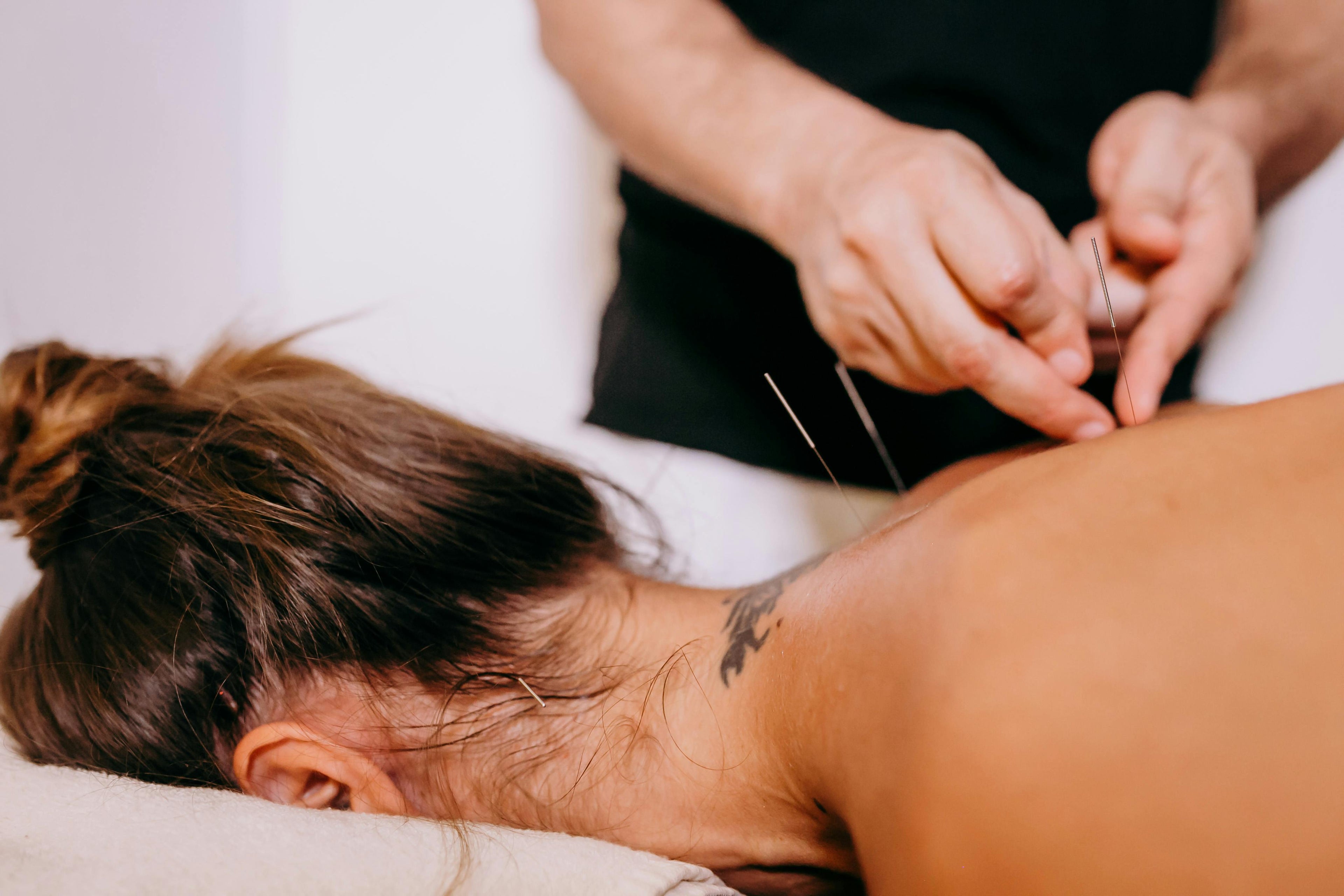FAQs
Please check out the questions and answers below. You can also email us directly at: kevin@radiancehealth.nz as we'd be happy to help.
ACUPUNCTURE
Collapsible content
Does acupuncture hurt?
Most people feel minimal discomfort. The needles are very thin — much finer than those used for injections. You may feel a slight prick, tingling, warmth, or a dull ache, which usually indicates the treatment is working.
How many treatments will I need?
It depends on the condition, how long you've had it, and your overall health. Acute problems may improve in just a few sessions; chronic issues may require regular visits over a longer period.
What conditions can acupuncture help with?
Acupuncture can assist with a wide range of conditions including pain, stress, headaches, digestive problems, insomnia, fertility issues, and more. (You can reference the full list from earlier.)
How does acupuncture work?
In traditional Chinese medicine, acupuncture stimulates the flow of Qi (energy) through meridians in the body. In Western terms, it helps modulate the nervous system, reduce inflammation, and promote blood circulation.
Are there any side effects?
Side effects are rare and usually mild. They may include slight bruising, soreness, or light-headedness after treatment. Serious complications are extremely rare when acupuncture is performed by a trained professional.
Is acupuncture safe?
Yes, when performed by a qualified practitioner using sterile, single-use needles, acupuncture is very safe.
What should I do before and after a session?
Eat a light meal beforehand, wear comfortable clothes, and avoid strenuous exercise or alcohol immediately after treatment. Stay hydrated and rest if needed.
Can I combine acupuncture with other treatments?
Yes. Acupuncture works well alongside conventional medicine, physical therapy, massage, and other holistic therapies. Always inform your practitioner about other treatments you're receiving.
Is acupuncture covered by insurance?
In New Zealand (and many other countries), acupuncture is often covered by accident compensation schemes (like ACC) and some private insurers. Check your policy or ask the clinic for help with claims
What if I'm afraid of needles?
Many people who fear needles find acupuncture surprisingly gentle. Let your practitioner know — they can use fewer or finer needles, or techniques like acupressure if needed.
How soon will I feel better?
Some people feel improvement after the first treatment; others may take several sessions. Healing is a process, and acupuncture often builds effects over time.
TAI CHI
Collapsible content
When and where are the classes?
Classes are held Tuesday evenings from 6pm-7pm weekly at Forest Lake School Hall in Hamilton.
How much does it cost?
The first couple of classes are free of charge, you can just come along and participate and see if you are interested to learn. After that it is $12 per class.
What should I wear?
Our students are required to wear a uniform to class.
Is Tai Chi physically demanding?
Tai Chi is low-impact and suitable for all fitness levels. Movements can be easily adjusted to match your abilities.
I'm not flexible or fit — Can I still do Tai Chi?
Absolutely! Tai Chi actually helps improve flexibility, balance and strength over time, no matter where you start.
How is Tai Chi different from other martial arts?
Tai Chi focuses on slow, deliberate movements, inner strength and balance rather than forceful strikes. It can be practiced for health, meditation, or as a subtle form of self-defence.
What are the benefits of practicing Tai Chi?
Tai Chi can improve balance, coordination, posture, flexibility, mental clarity, reduce stress, and boost energy. Some people also find it helps manage chronic health conditions.
Is Tai Chi suitable for older adults?
Yes! Tai Chi is excellent for older adults and those recovering from injuries. It’s well-known for improving balance and reducing the risk of falls.

